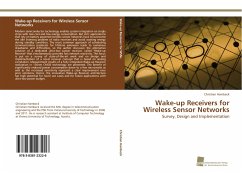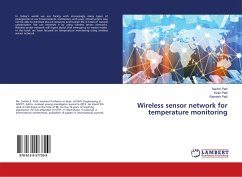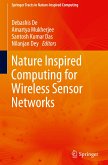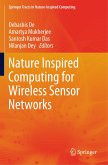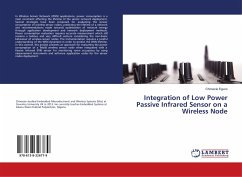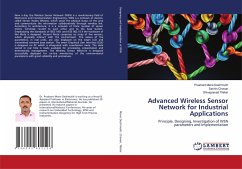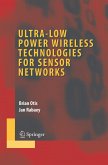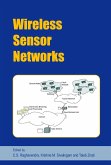Modern semiconductor technology enables system integration on single chips with low cost and low energy consumption. But still, applications that rely on battery powered wireless sensor networks have to overcome the idle listening problem of radio receivers and avoid wasting energy during standby condition. The most common approach of scheduling communication protocols for lifetime extension leads to numerous drawbacks and difficulties, so the author discusses the alternative solution of a dedicated ultra-low power receiver, called "Wake-up Receiver" that simultaneously provides fast network reactivity. The focus is put on a survey of state-of-the-art work and on design and implementation of a novel receiver concept that is based on analog correlation. Measurement results of a fully integrated Wake-up Receiver realization in 130nm CMOS technology are presented. The benefit of significantly reduced power consumption down to a few microwatts as well as the increased sensitivity represent a clear improvement over prior solutions. Hence, the innovative Wake-up Receiver architecture has high potential for novel use cases and for future applications with ultra-low power budget.
